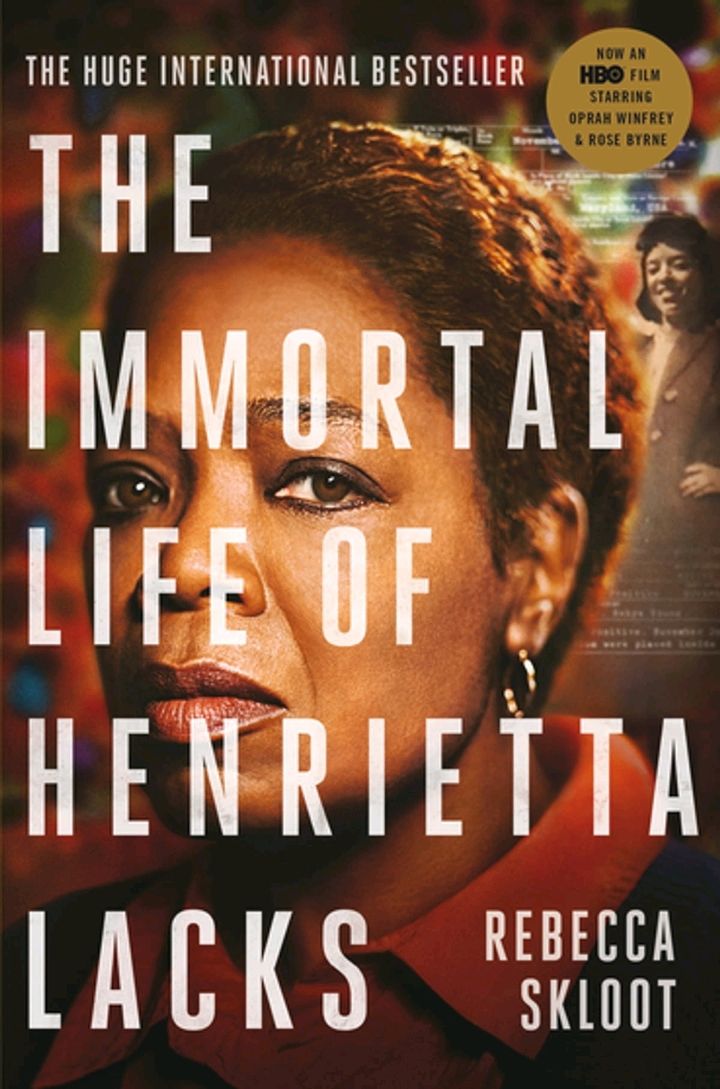Audio available in app
These cells, known as HeLa cells, have been used in numerous scientific research studies from "summary" of The Immortal Life of Henrietta Lacks by Rebecca Skloot,Gregory Mone
The cells taken from Henrietta Lacks, known as HeLa cells, have played a crucial role in countless scientific research studies. These cells, unlike any others at the time, had the remarkable ability to keep growing and dividing indefinitely. Scientists were astounded by this unique characteristic, as it opened up new possibilities for research and discovery in many fields. HeLa cells have been used in a wide range of scientific endeavors, from developing the polio vaccine to studying cancer and genetics. Their versatility and resilience have made them invaluable tools for researchers seeking to unlock the mysteries of the human body and diseases that afflict it. The impact of HeLa cells on scientific progress cannot be overstated. They have been instrumental in countless breakthroughs and advancements in medicine and biology. Their ability to replicate endlessly has allowed researchers to conduct experiments and tests that would have been impossible with other types of cells. Despite the incredible contributions made by HeLa cells to science and medicine, the story behind their origin is a complex and often overlooked one. Henrietta Lacks, the woman from whom the cells were taken without her knowledge or consent, has been largely forgotten in the annals of history. Her story raises important questions about ethics, consent, and the rights of individuals in the medical research field. The use of HeLa cells in scientific research continues to this day, with new discoveries being made all the time. Their legacy lives on, a testament to the power of one woman's cells to change the course of medical history. Henrietta Lacks may have passed away long ago, but her immortal cells continue to shape the future of medicine and science.Similar Posts
Genetic counseling helps individuals understand their genetic risks
Genetic counseling is a process that involves providing information and support to individuals who may be at risk of genetic di...

Henrietta's family was unaware of her cells' impact until many years later
Henrietta's family remained in the dark about the significance of her cells for years after her death. They were unaware of the...

Henrietta's story raises questions about medical ethics and patient rights
Henrietta's story is a complex narrative that delves deep into the realms of medical ethics and patient rights. Through her exp...
Henrietta's daughter, Deborah, searched for answers about her mother's cells
Henrietta’s daughter, Deborah, felt a deep curiosity about the mother she never really knew. She was haunted by the mysterious ...
Henrietta's descendants sought recognition for her contribution to science
Henrietta's descendants were determined to shed light on the role their ancestor played in the field of science. They wanted th...
